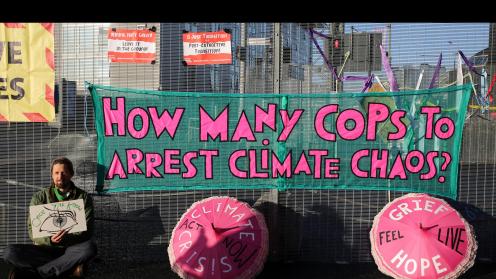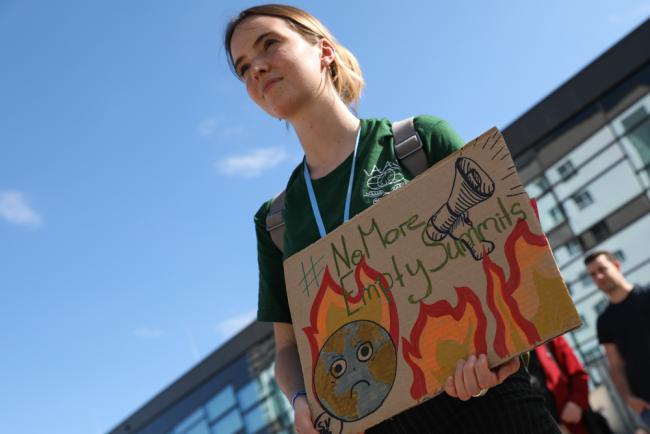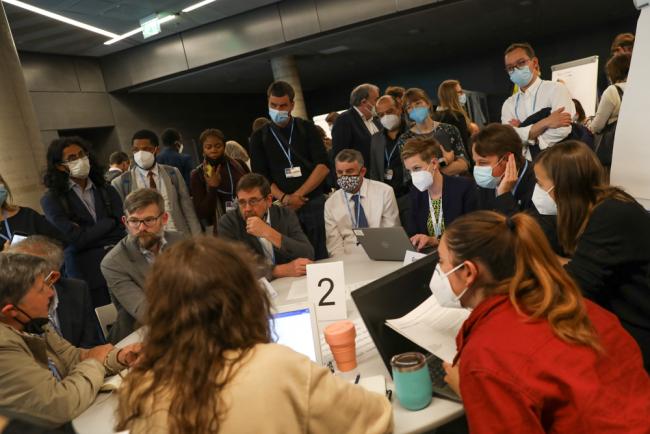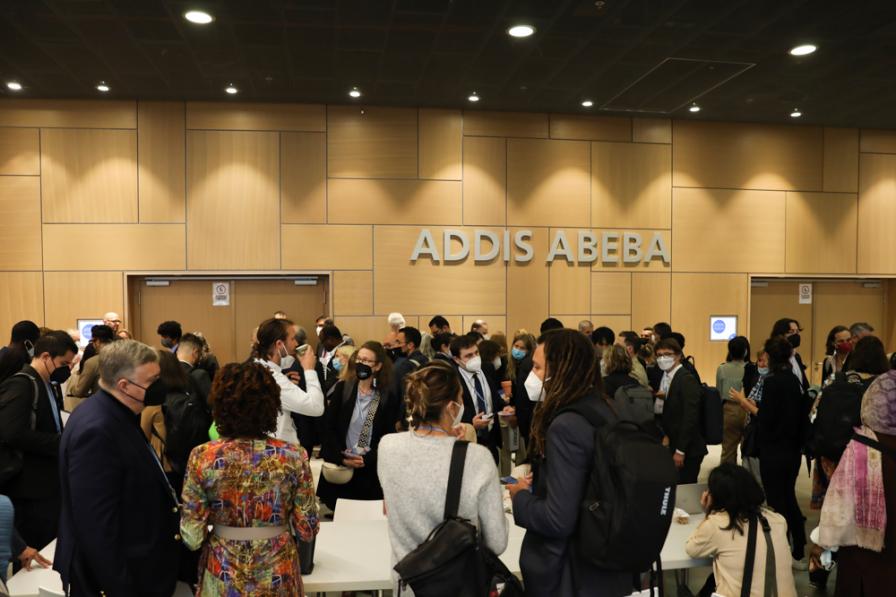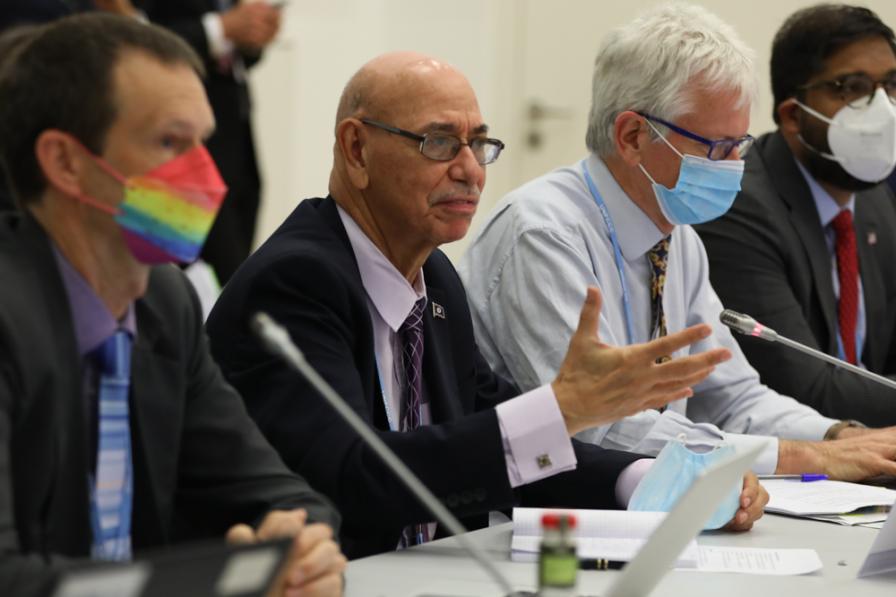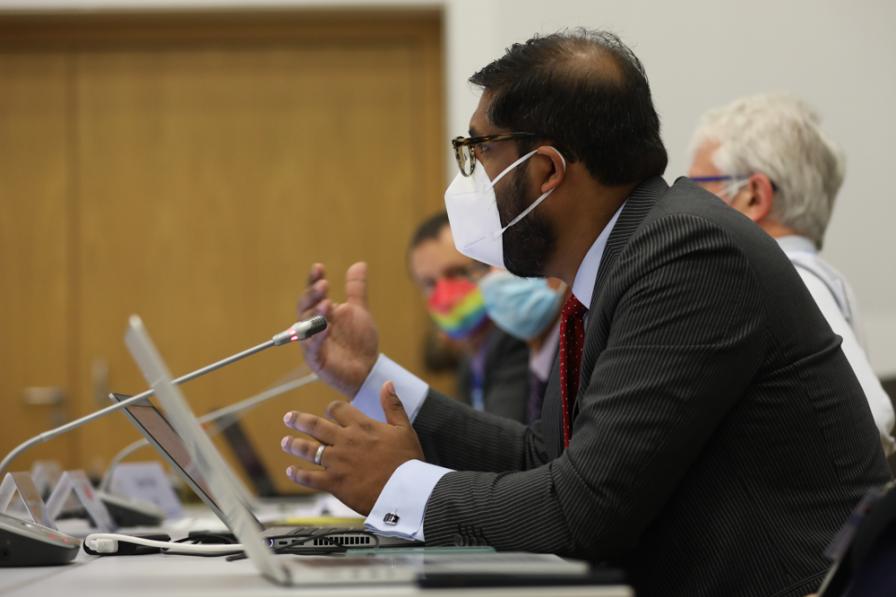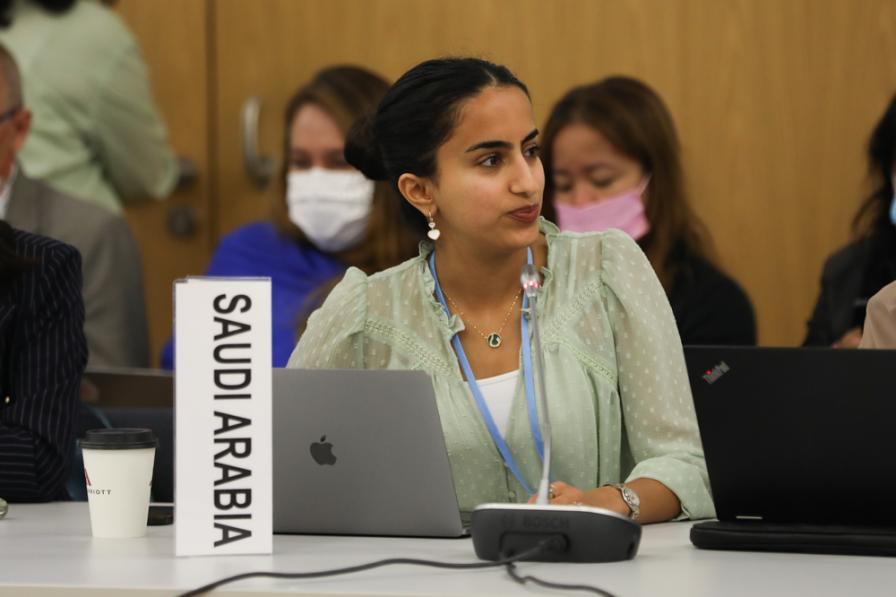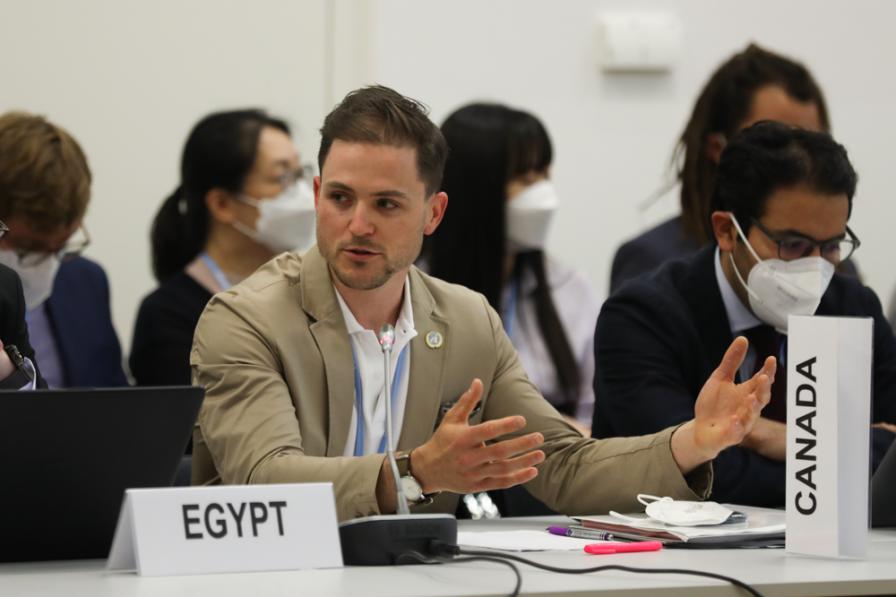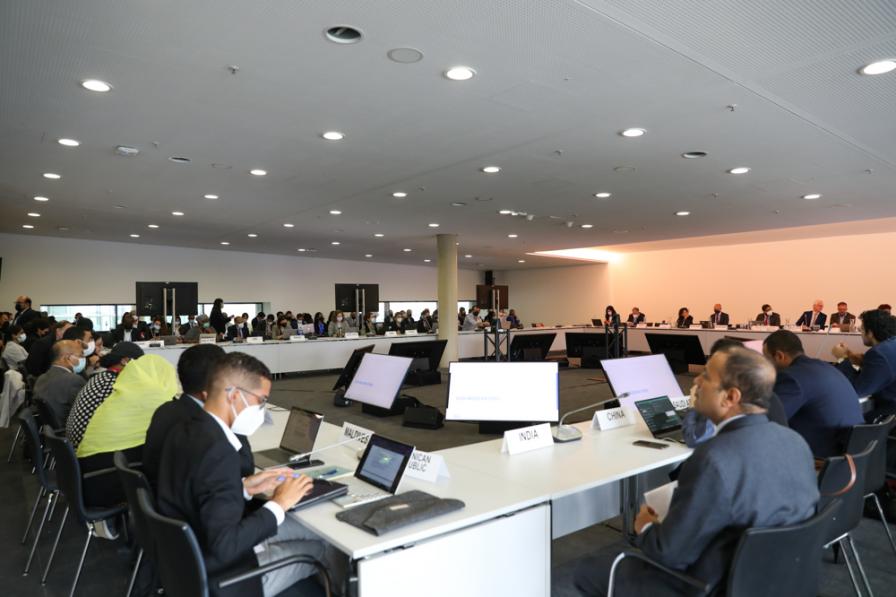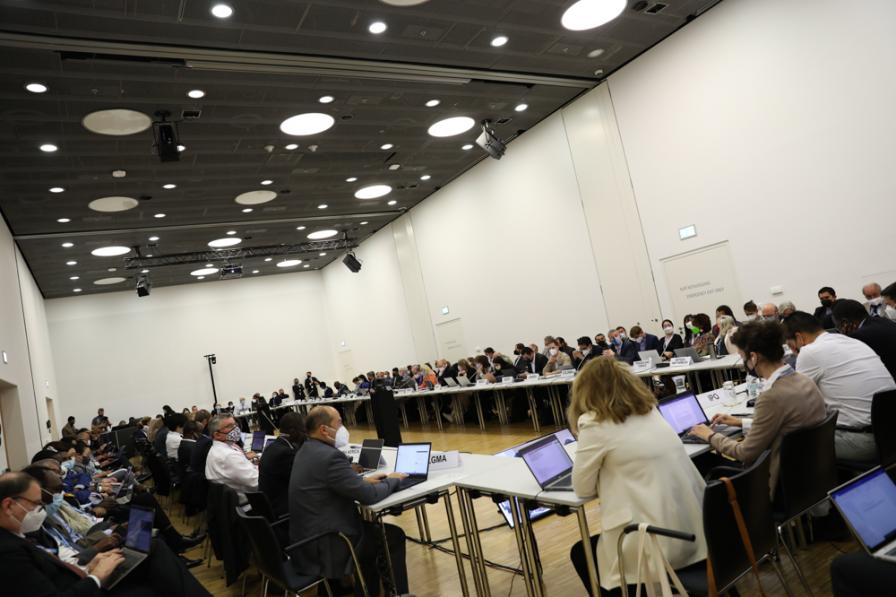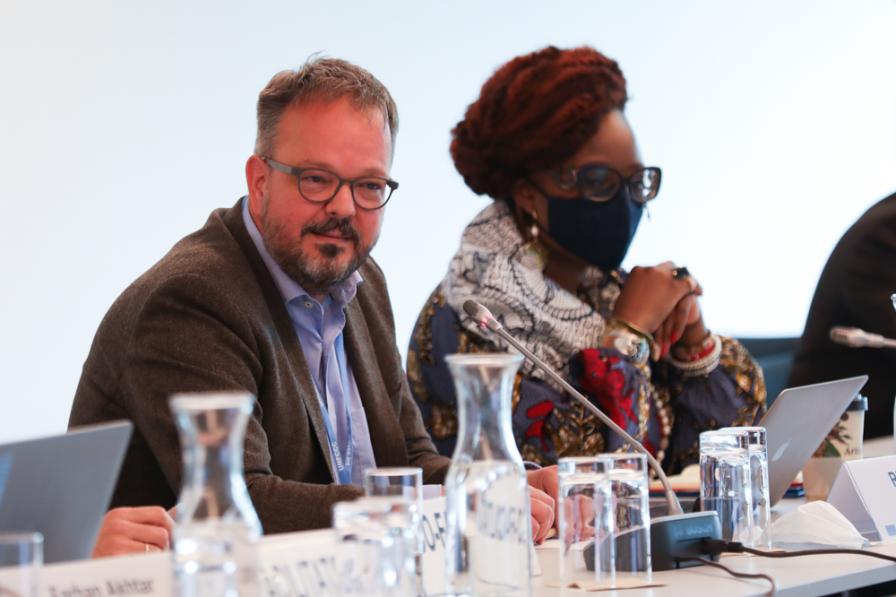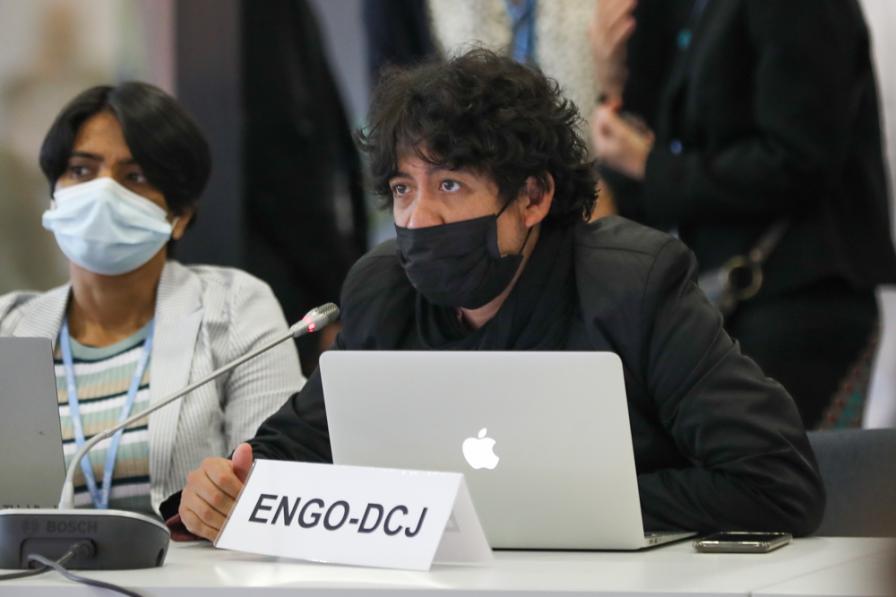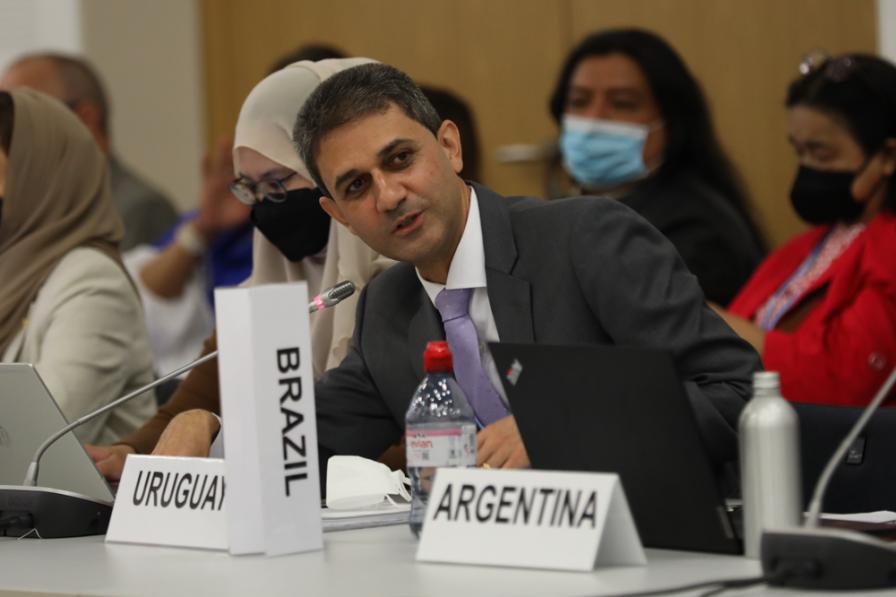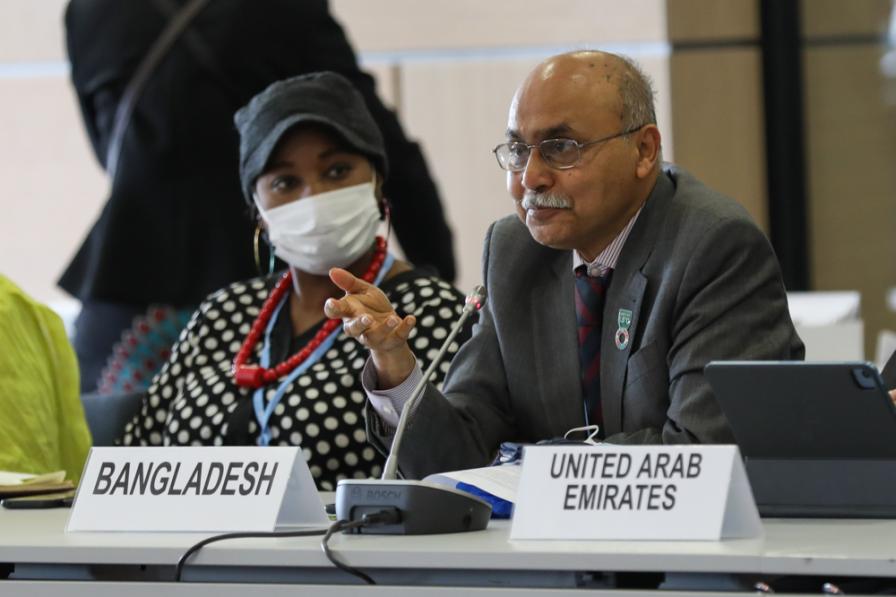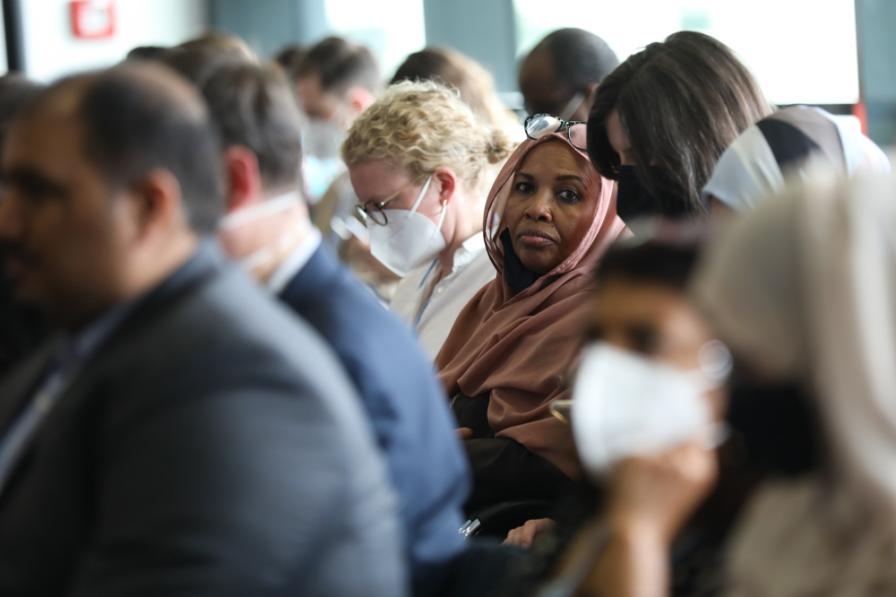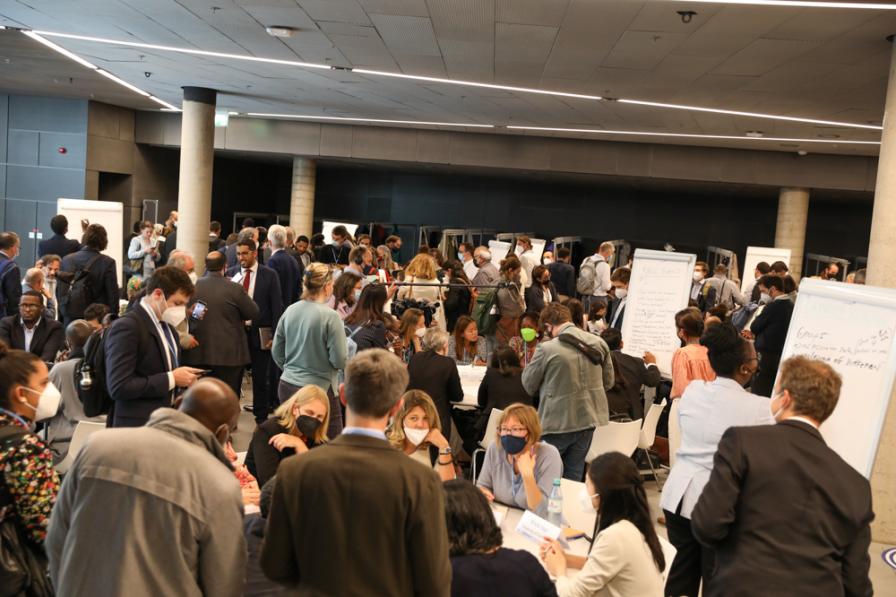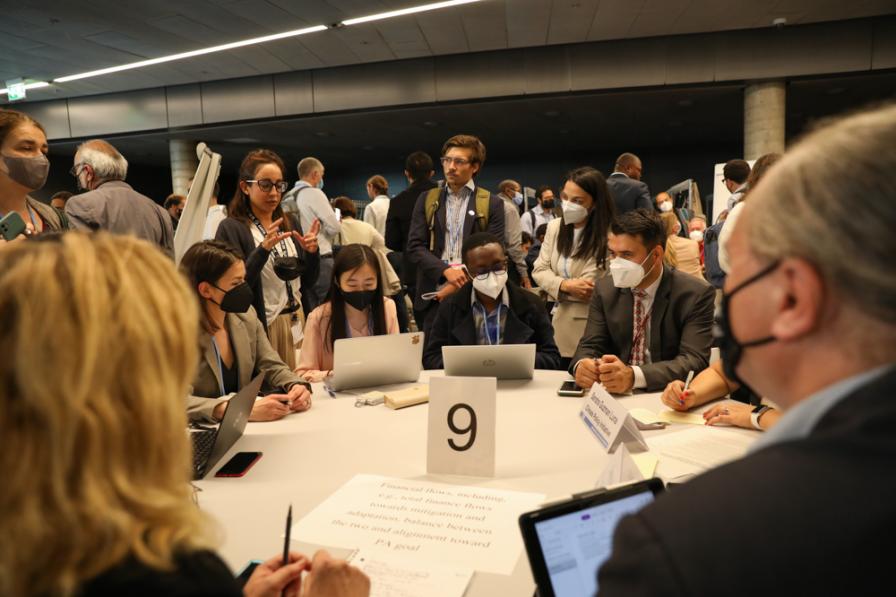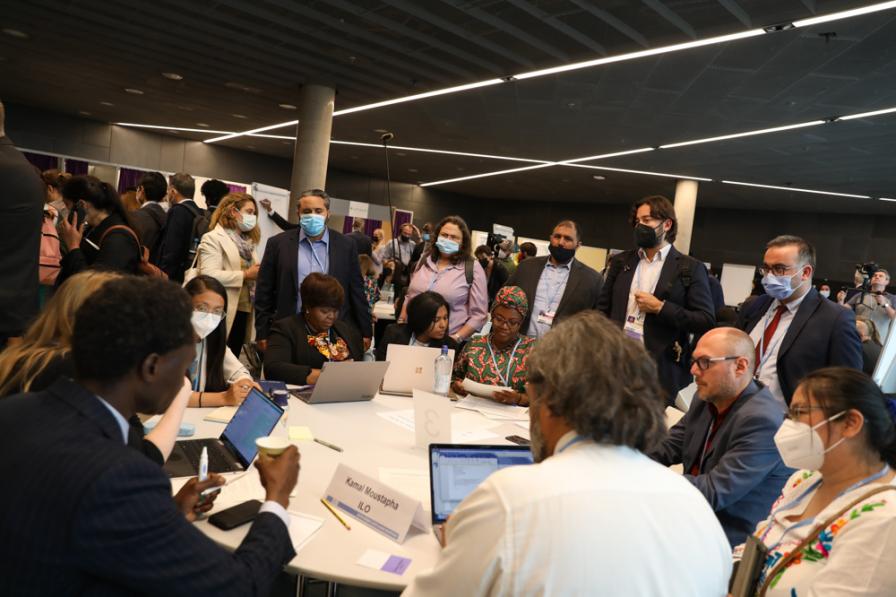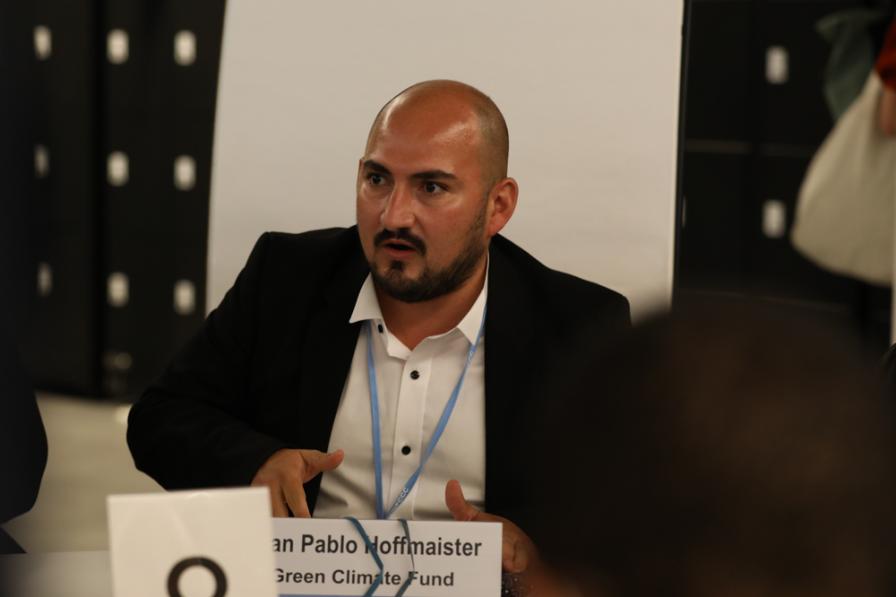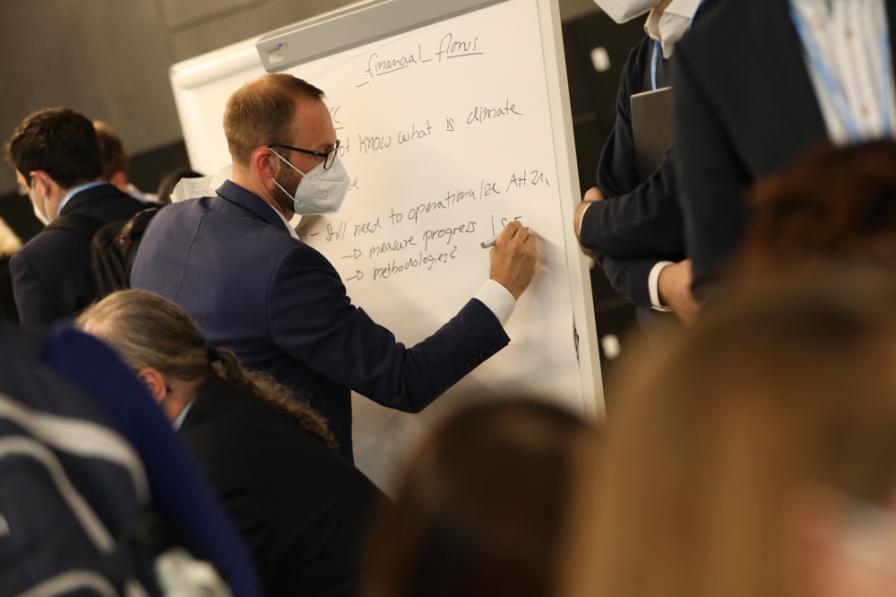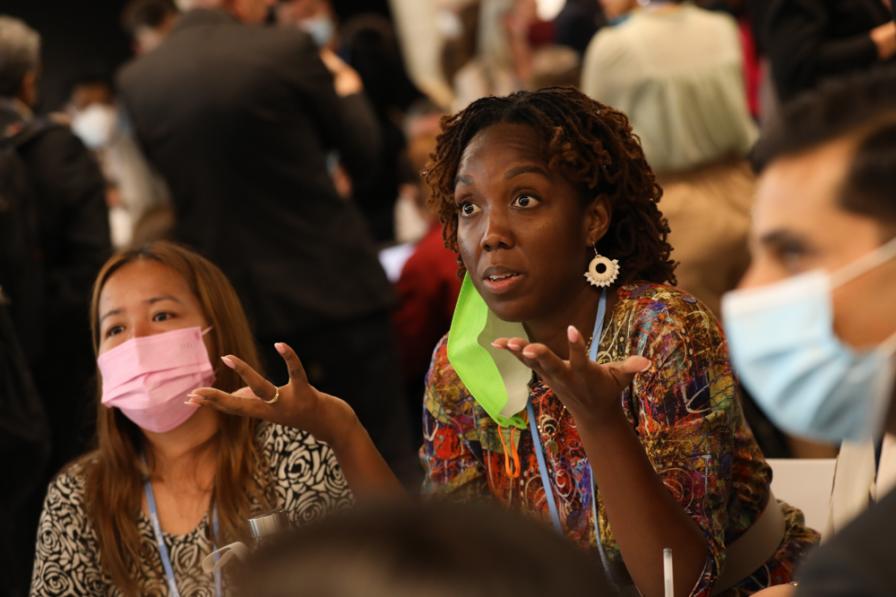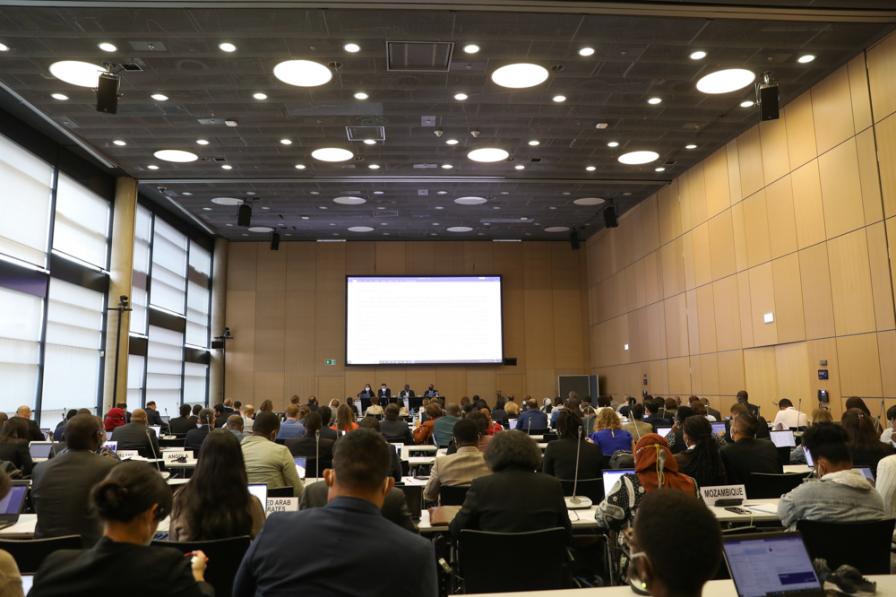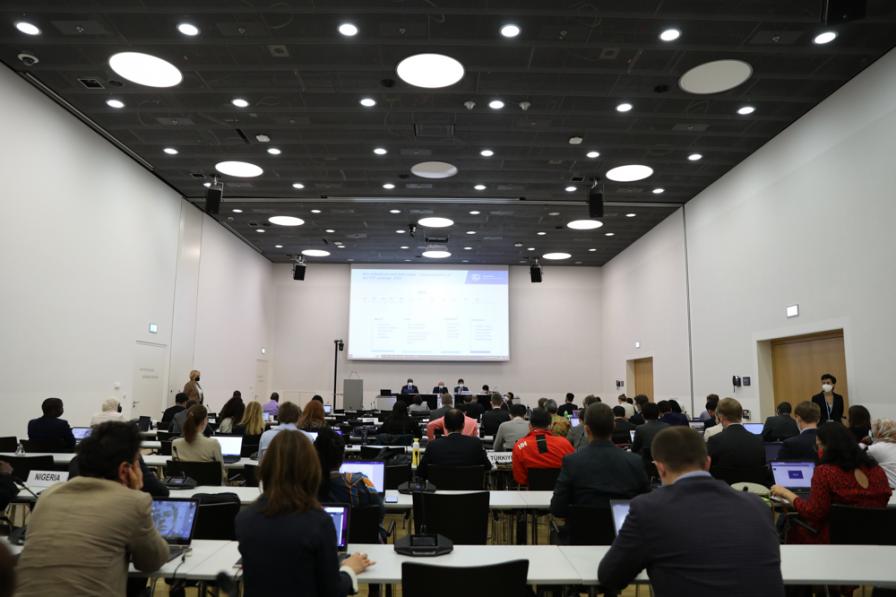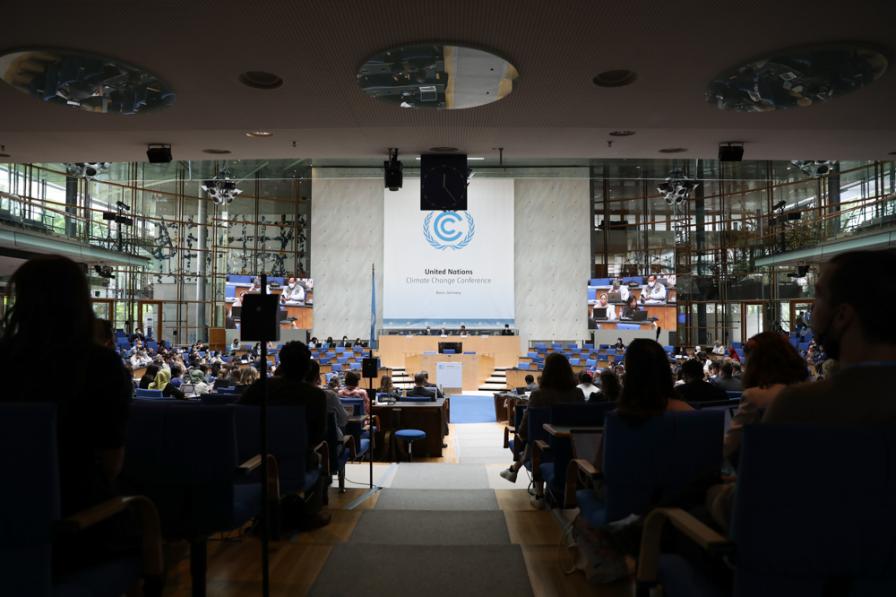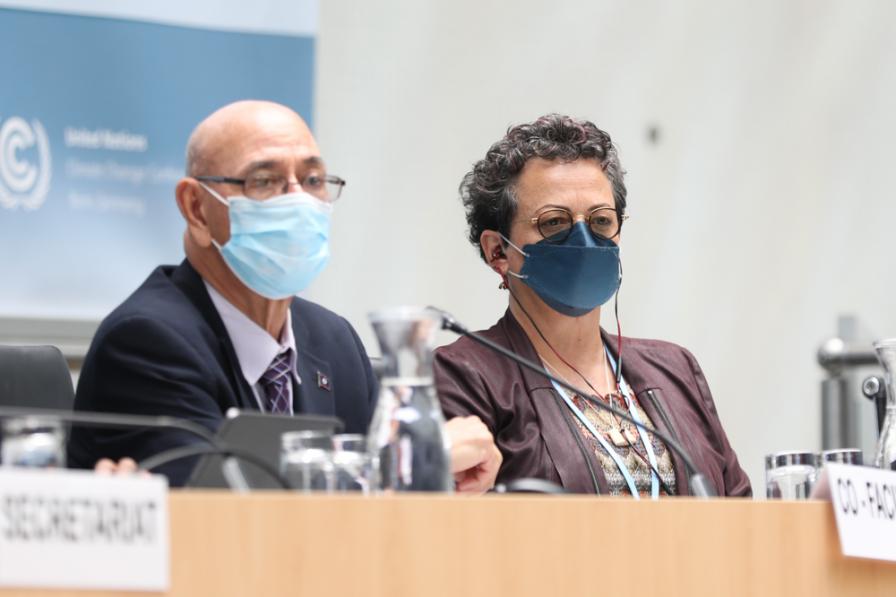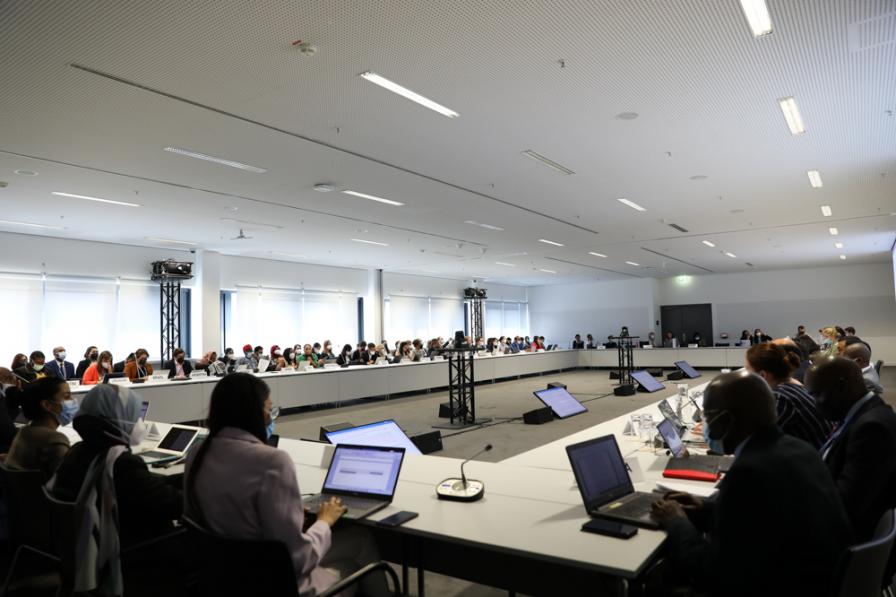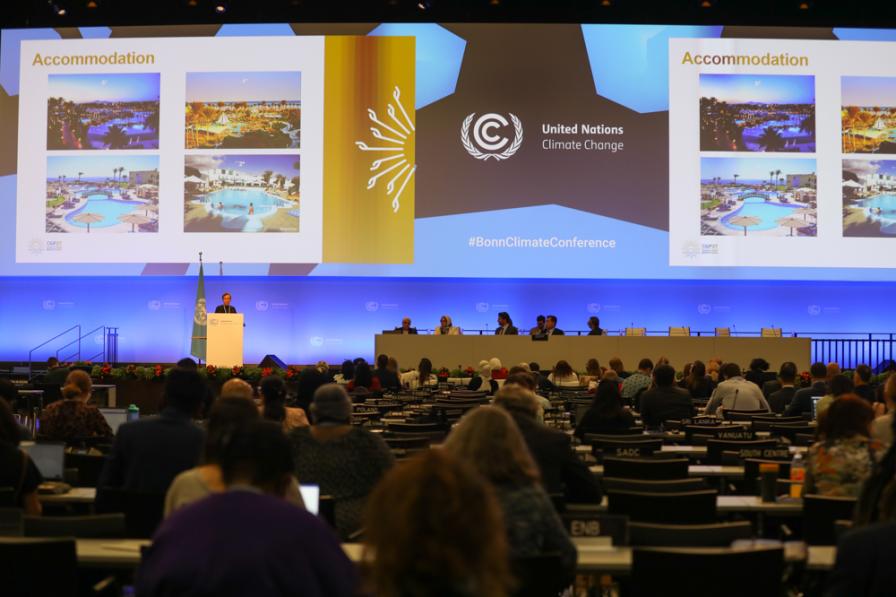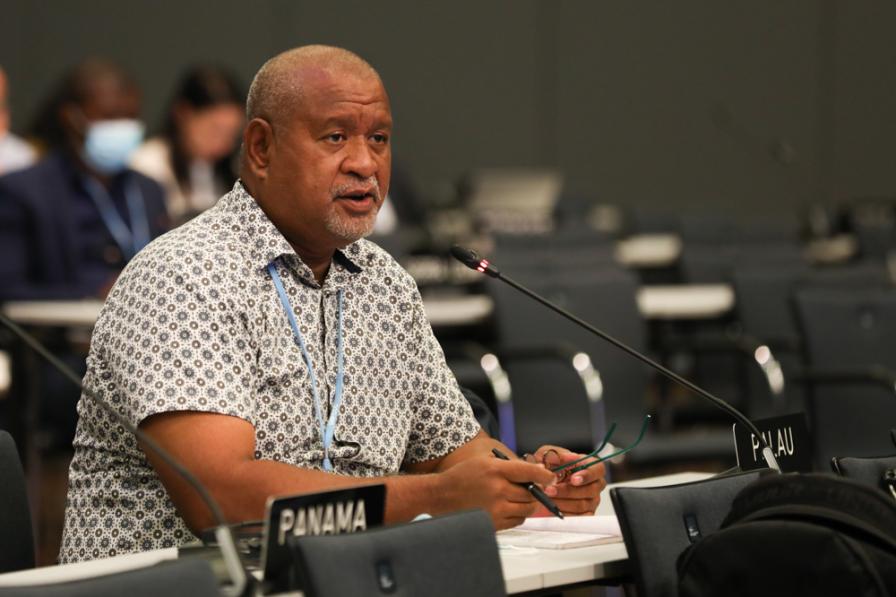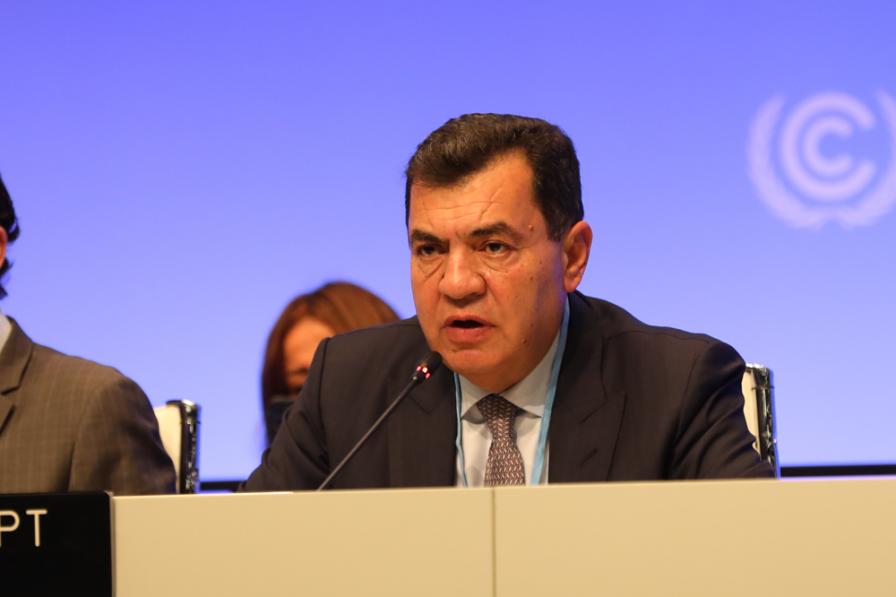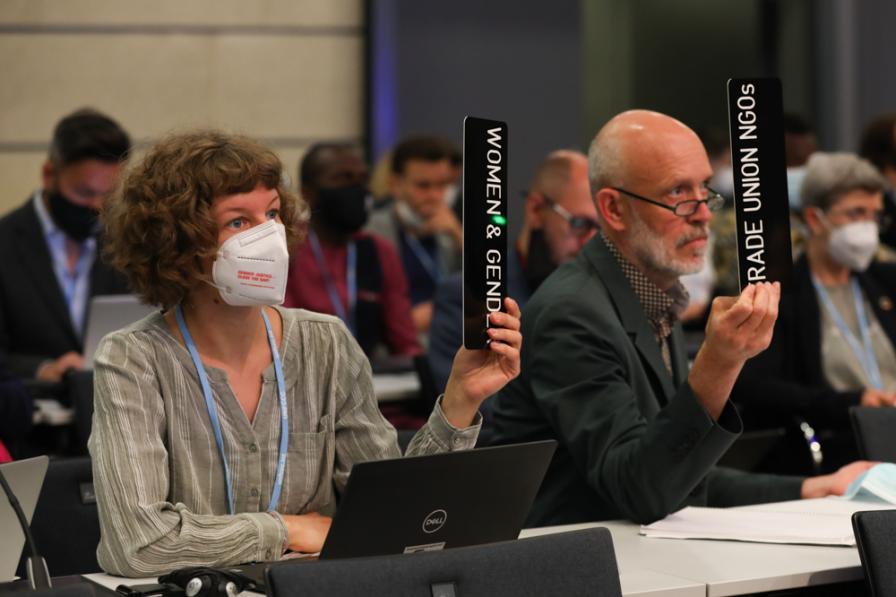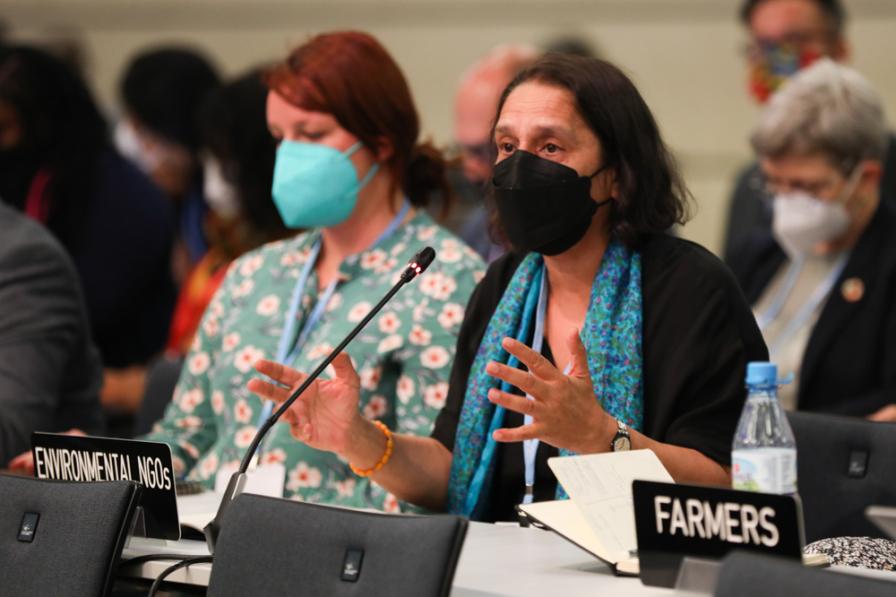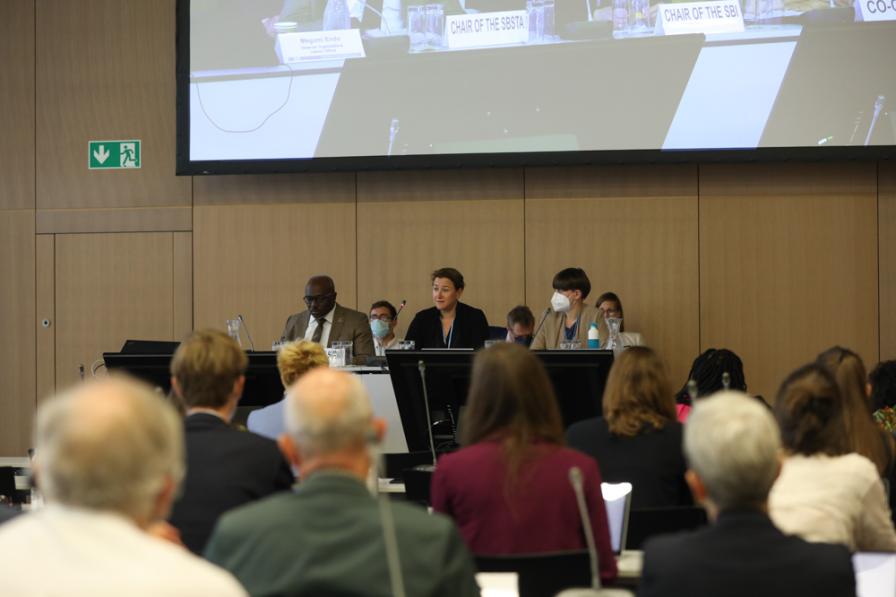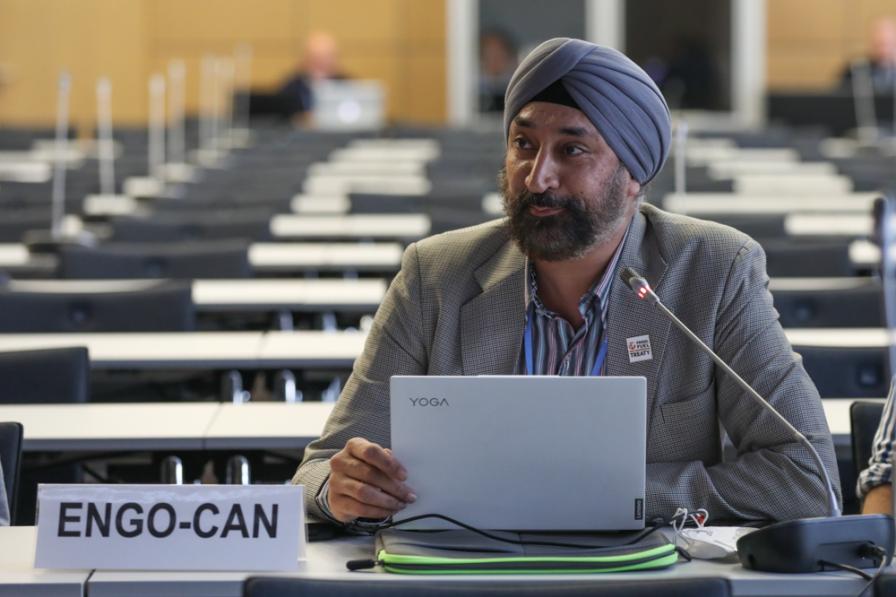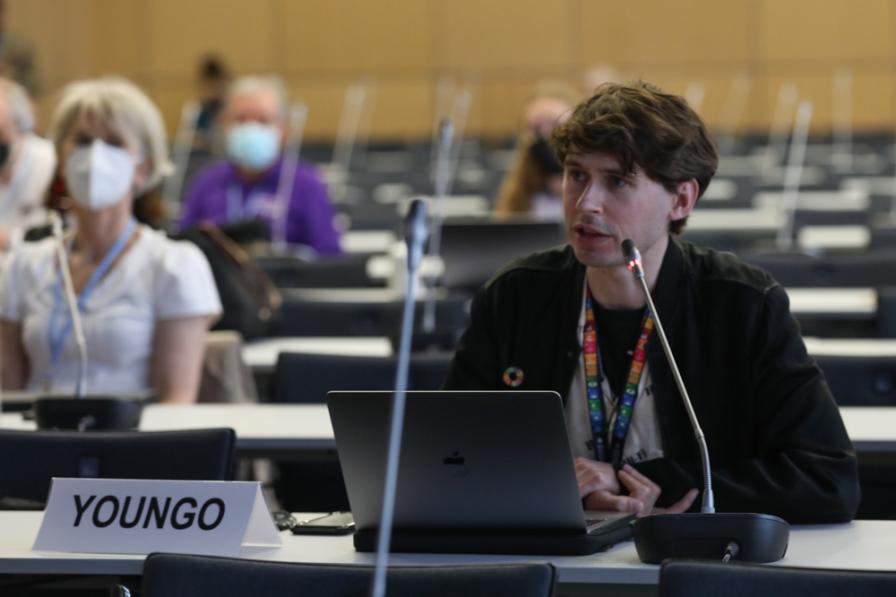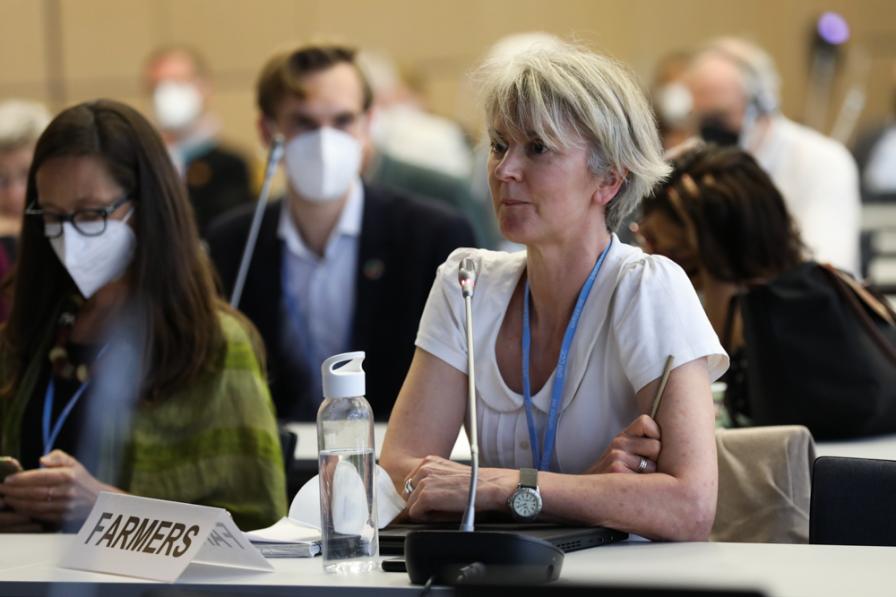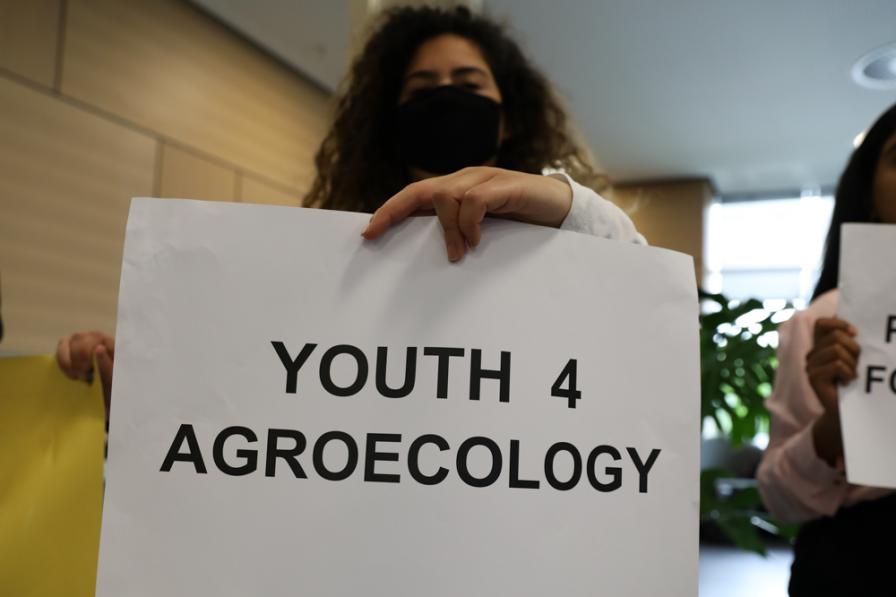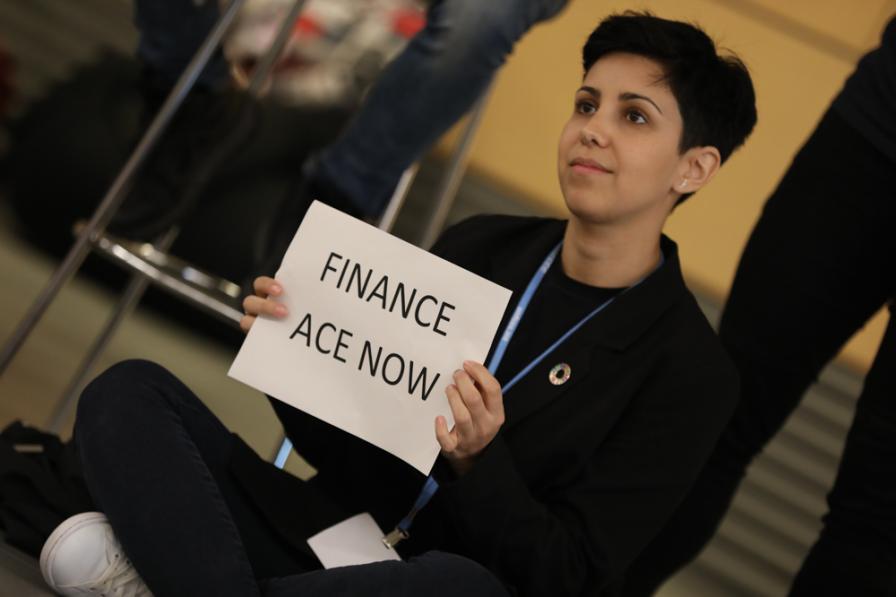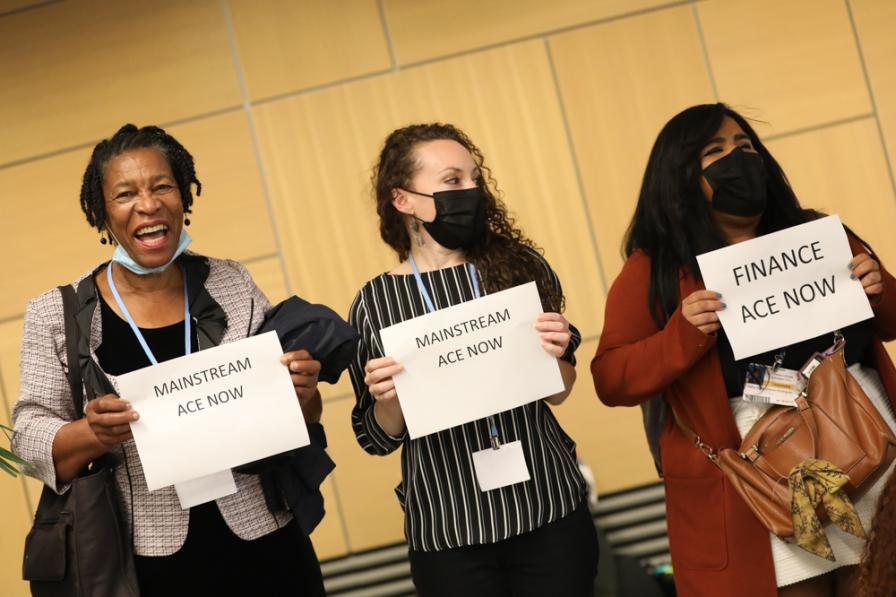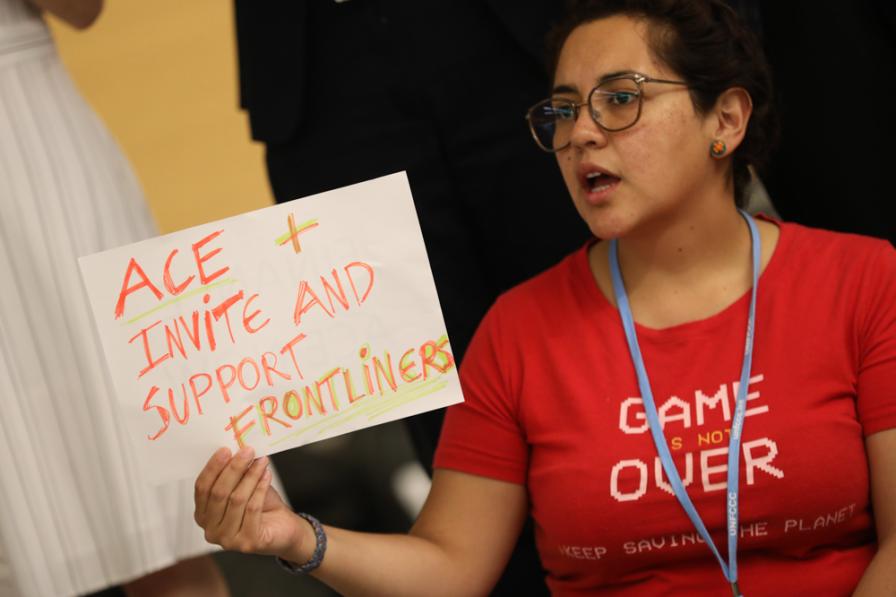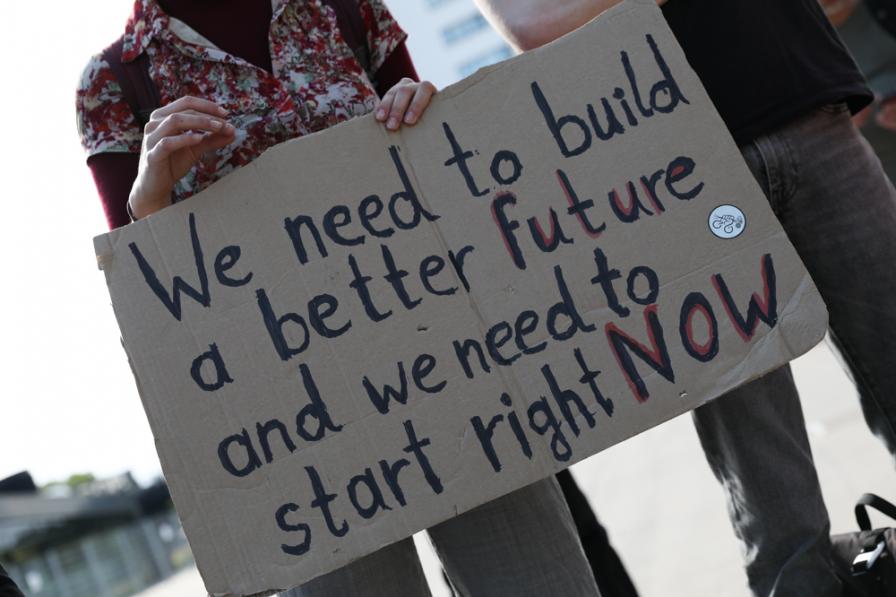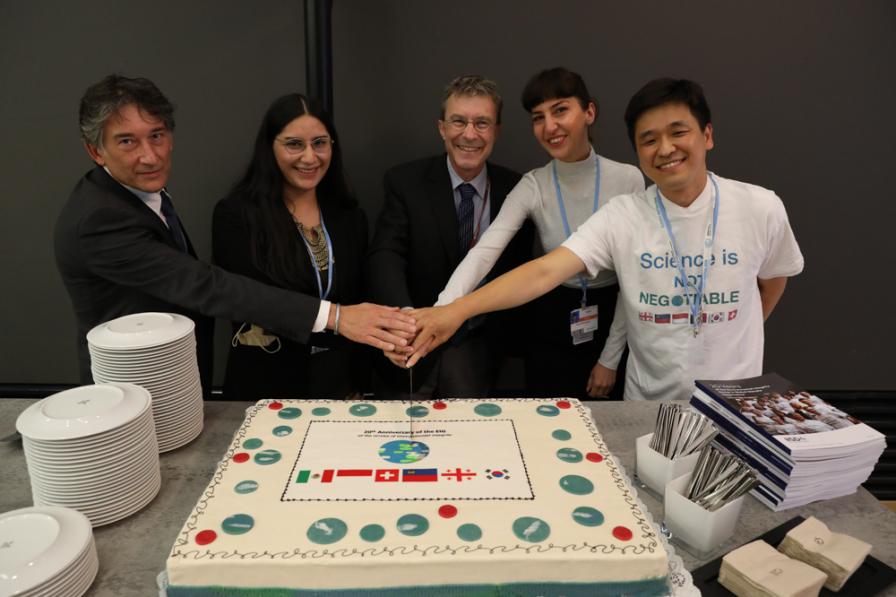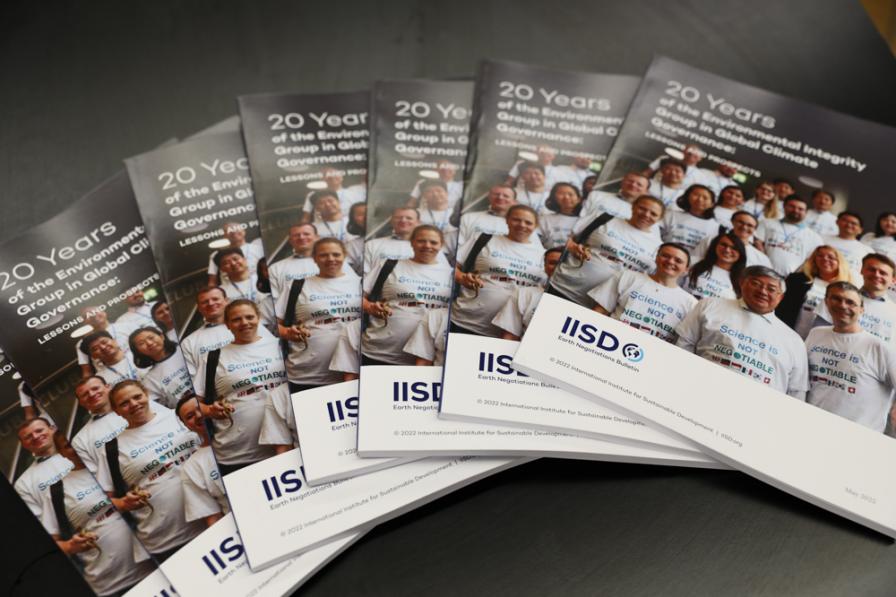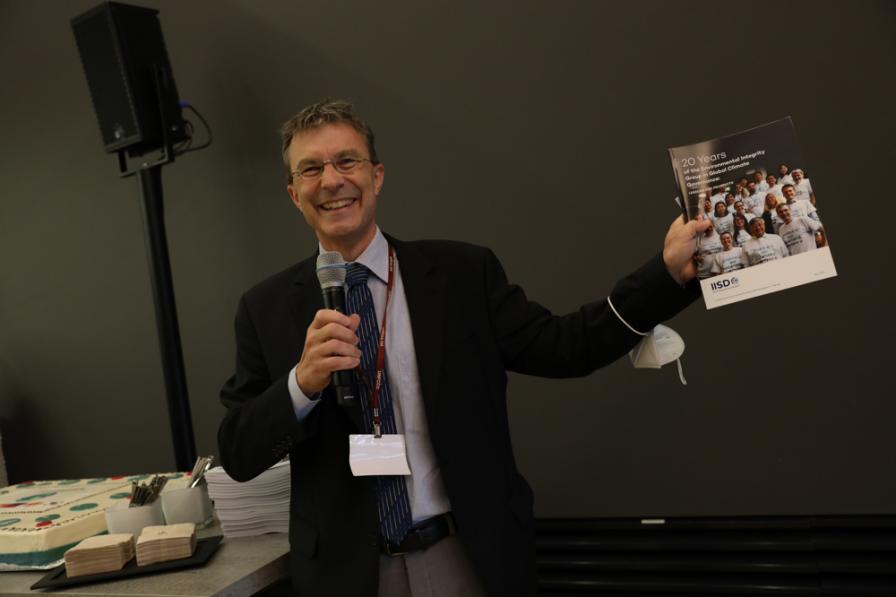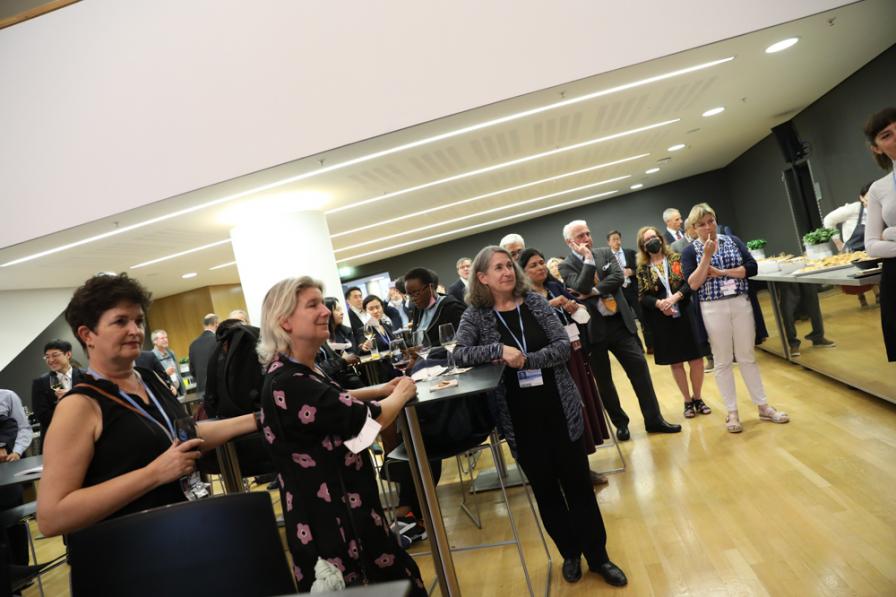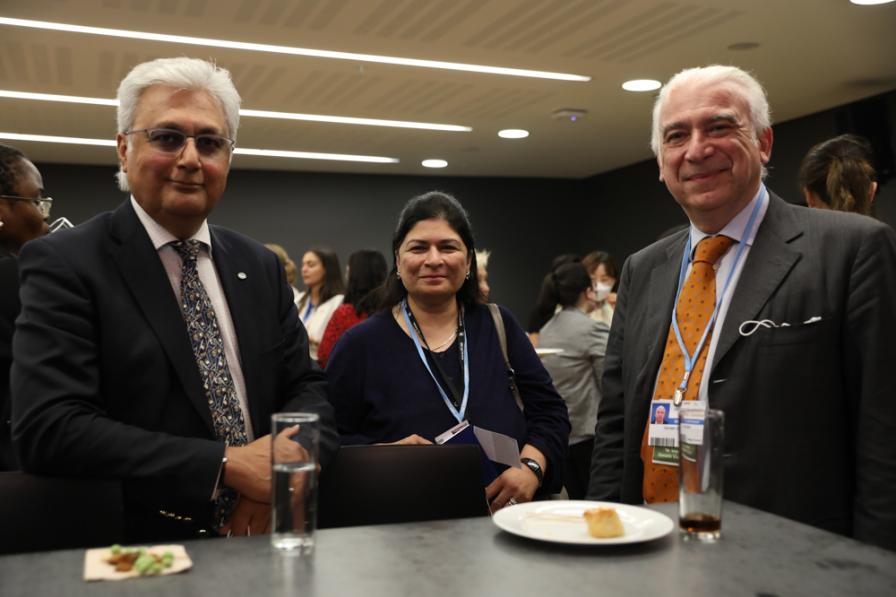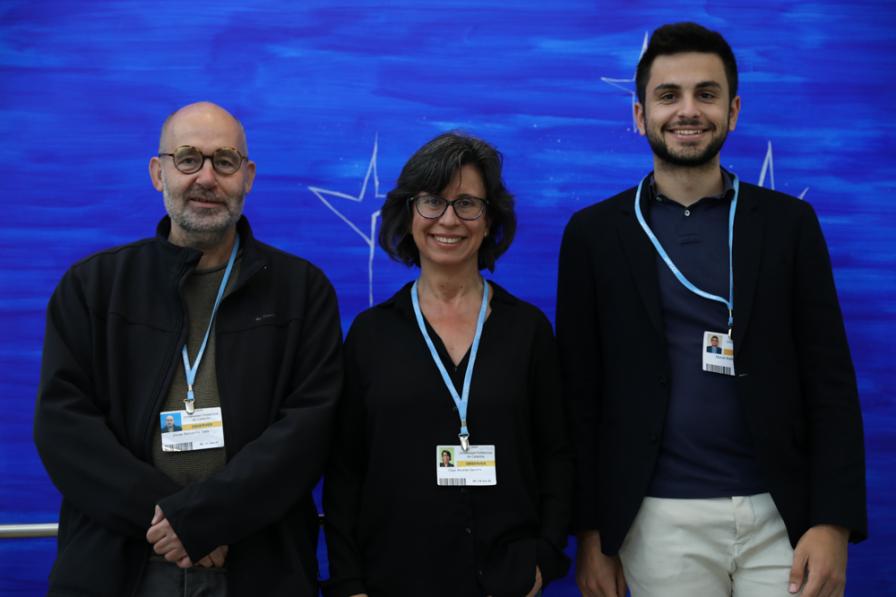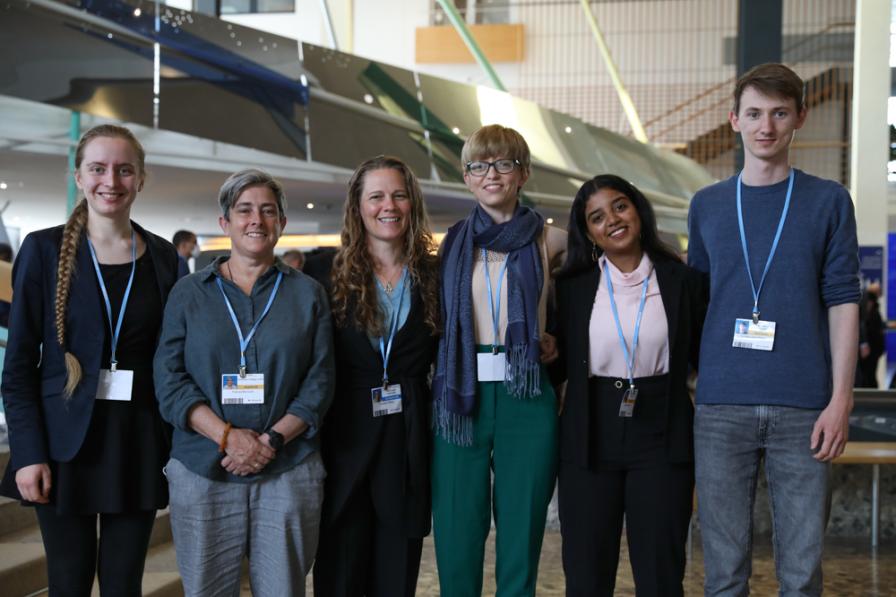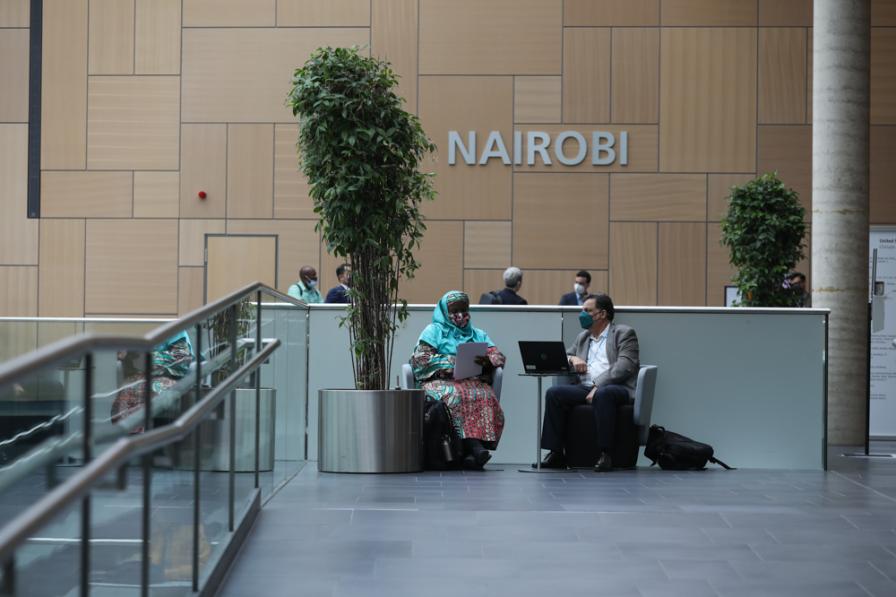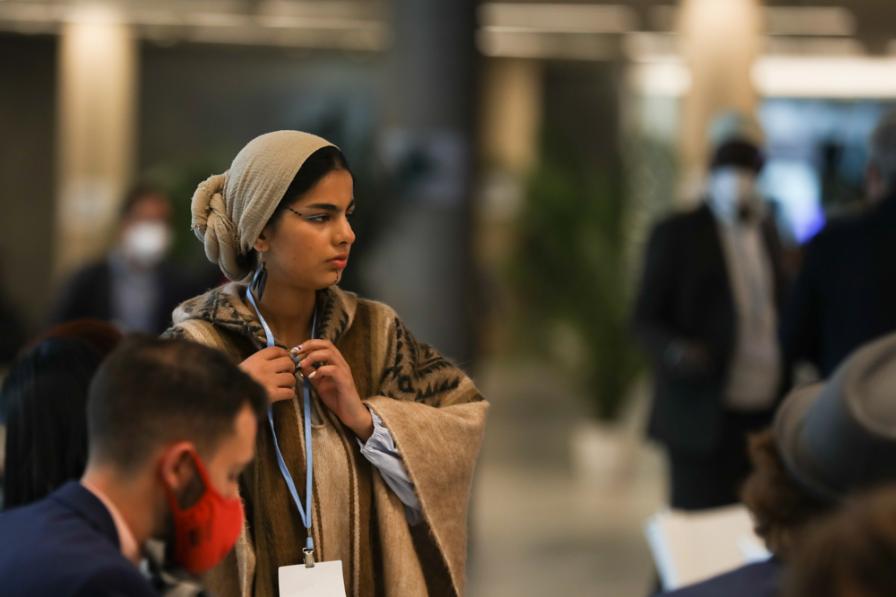Sometimes, being a big tent comes with a price. With every new issue that gets on the climate agenda—adaptation, Indigenous Peoples and local communities, gender—the actual meeting agenda grows longer. Each committee has reports to consider and next steps to plan. Keeping things manageable sometimes means splintering negotiations: several agenda items are considered at the same time in different negotiation rooms.
Want to go deeper? Read the Earth Negotiations Bulletin daily report.
This is a challenge for small delegations, who have to rely on coalitions with other countries to keep track of discussions and ensure their interests are represented. This time has been no different: when asked about her view of progress made so far at this meeting, one delegate said in earnest, “I have no idea! Maybe you should ask the US or EU. They are the only ones with large enough delegations to keep track of everything."
On Friday, many discussions held at the Bonn Climate Change Conference pertained to cleaning up some clutter to streamline future meeting agendas. With the operationalization of the Paris Agreement’s Enhanced Transparency Framework in reach, delegates agreed to discontinue the consideration of several agenda items related to reporting under the Convention. Agreement on ending work on additional items might well follow in the coming days—once delegates settle the question of how to handle possible future withdrawals from the Paris Agreement.
Such talks not only related to slashing ghost issues from agendas, but also keeping jargon at bay and enhancing clarity. Who would know that the “first periodic assessment referred to in paragraph 69 of decision 1/CP.21” is an issue related to technology? Against this background, the idea of clustering issues around headline items such as mitigation, adaptation, transparency, and finance is gaining serious traction.
The day’s discussions reflected increasing interest in reforming arrangements for how climate change conferences are conducted. Parties put forward a long wish list to SBI Chair Marianne Karlsen, including sending out push notifications when meeting times and places change—a recurring challenge. Bhutan suggested developing standard operating procedures for conference hosts to follow. However, whether these will be implemented remains to be seen.
All ENB photos are free to use with attribution. For UNFCCC SB56, please use: Photo by IISD/ENB | Kiara Worth.
To receive free coverage of global environmental events delivered to your inbox, subscribe to the ENB Update newsletter.
Global Stocktake Dialogue
Informal Consultations Throughout the Day
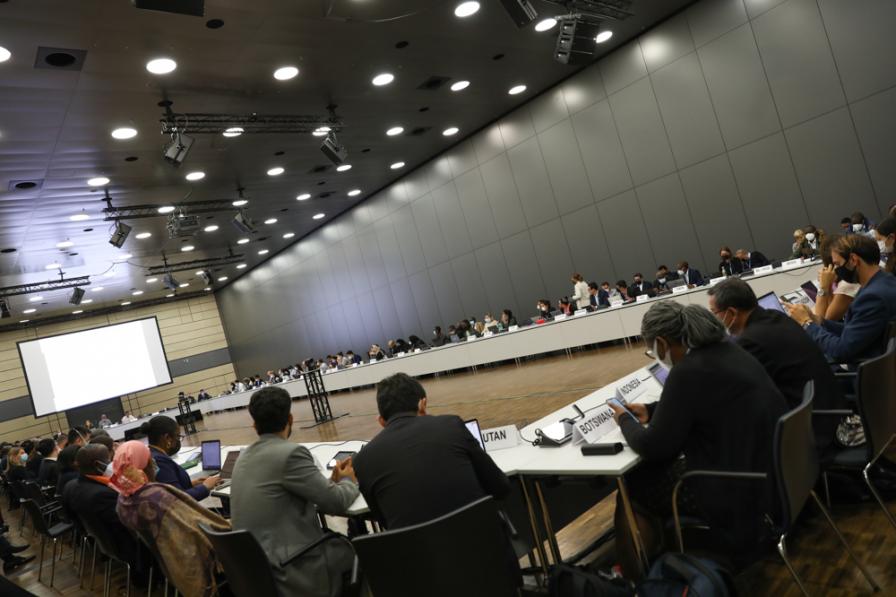
Informal consultations on the guidance on cooperative approaches referred to in Article 6.2 of the Paris Agreement
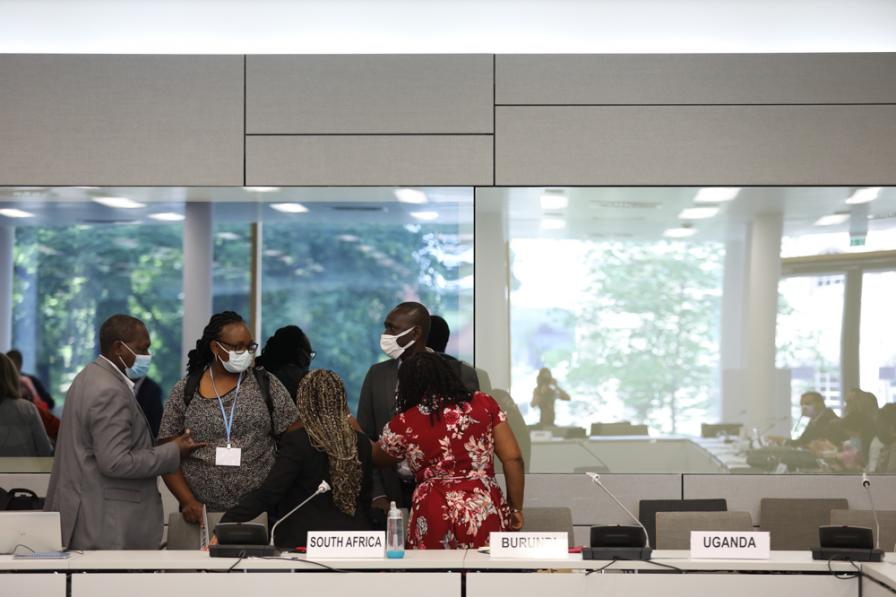
Delegates consult during the informal consultations on matters relating to Action for Climate Empowerment (ACE)
Civil Society Actions
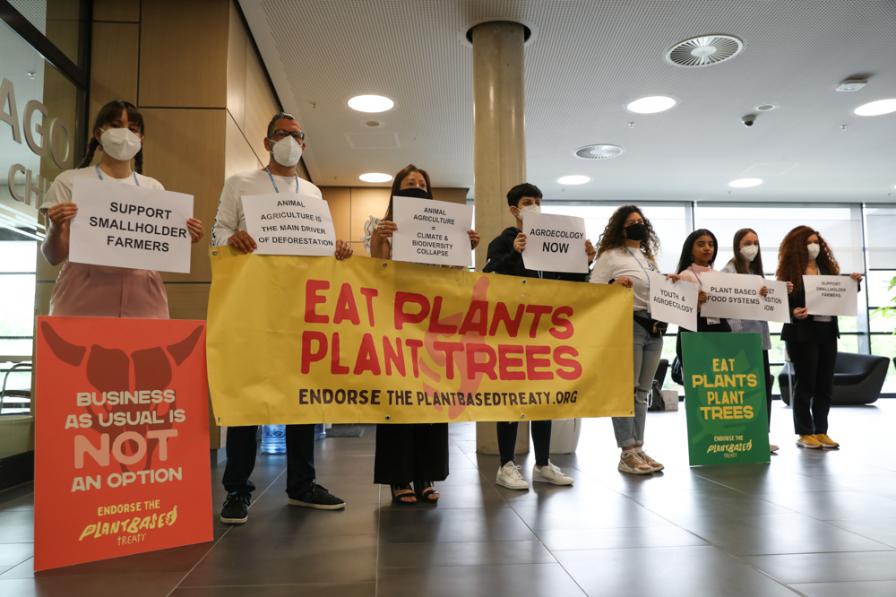
As the informal consultations of the Koronivia joint work on agriculture continue, members of civil society demonstrate in the corridors, calling for a vegan diet to help address climate change
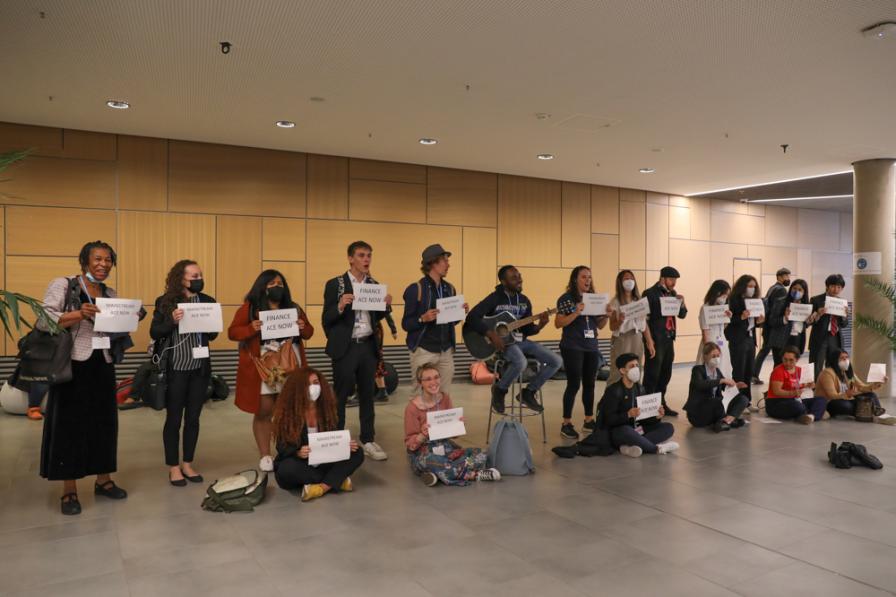
In a second demonstration, members of civil society sing in the corridors, calling for more finance for ACE initiatives
